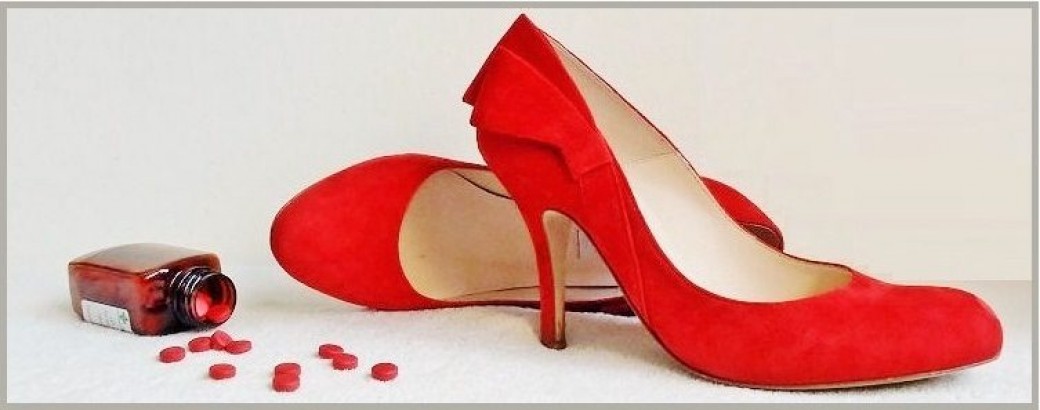For some people, a life story emerges as an autobiography or memoir. My aim was more modest. I planned to use some of my oldest memories to write a novel set in Egypt. It was never intended to be all true. While a convent education taught me not to lie, I used to be pretty good at embroidery, if I say so myself.
To aid my recall of fading memories, there were all the old photos that my mother had left me. I therefore dived into the cupboard under the stairs for the afternoon, finally emerging not with leather photo albums from 1955 but a mountain of dust and a couple of old cat toys.

In my experience, recollections have a habit of surfacing on their own now and again, usually in the small hours. Experience also tells me that, if I don’t jot it down at the time, I won’t remember it in the morning, hence what I call my amnesia pad on the bedside table. It’s not that easy to find in the dark and I’m apt to send water glass flying as I scrabble about for paper and pencil. There! I need only scribble a couple of words to nudge me in the morning and I can go back to sleep.
When the alarm goes off a few hours later, I make out the words Magic Marker.
Which make no sense. I don’t think we even had Magic Marker in Egypt back then. Over a strong coffee, I try to work it out. The two words I wrote evoke the heady smell of a pristine Magic Marker and the hot tears I cried when I accidentally hit my mummy on the forehead with it. We both thought I’d marked her indelibly. At the time, neither of us quite understood how skin works. I was seven years old. I don’t know what Mummy’s excuse was.
Neither of those reminiscences is quite what I’m after. I resort to Wikipedia as an aide mémoire but, although I learn the history of the Magic Marker and the reason it smelled as it did (early versions contained xylene and toluene), it doesn’t help. I may as well have scribbled wild goose chase on my amnesia pad.

When my own recall lets me down, I sometimes consult my beloved aunt with whom I have a close bond. She clearly recalls what happened years ago, even if her version of events often contradicts mine. “At Suez, your mother was desperate not to be evacuated,” she tells me. “And Papa pleaded with the authorities for her to be allowed to stay in Alex.”
Which is totally weird since I remember with crystal clarity that Mummy had packed our bags and we spent all day at the docks in Alexandria. While she begged to leave on the US Sixth Fleet, I clutched my teddy bear and kept whining to use the bathroom. My mother’s negotiations were partly successful. Our suitcases made the trip.

Timing goes AWOL too when delving into memories. “You never know your mother’s dog, did you? Boogie got run over before you were born.”
My aunt sounds very sure, but this time I can prove her wrong simply by rolling up my sleeve and displaying a scar that’s still there more than half a century later. I had got up too quickly from my potty and accidentally stepped on Boogie’s tail. No wonder he bit me on the elbow.
Aunt is unconvinced, but I have a trump card. It’s a photo of Boogie with me and my best friend (also called Carol).

My aunt studies the picture. “That doesn’t even look like Boogie.”
From this joyous collaboration come as many as three lines of writing, most of which I cross out.
So my book The Girls from Alexandria will have no dogs and no Sixth Fleet. Even so, it will still be redolent of the Alex I knew, with vendors selling charcoal-grilled ears of corn by the sea, the seafood restaurant at Abukir, next door’s cockerel with his random commentary on the day, trams laden down with human cargo both inside and out, handsome men wearing a fez even after President Nasser banned its use, and the eternal cries of “Roba bikyaah!” from the rag-and-bone man touring the neighbourhood with his donkey and cart.

The novel won’t be out till early next year, but here’s what my new publisher has to say so far. Introducing: Carol Cooper




